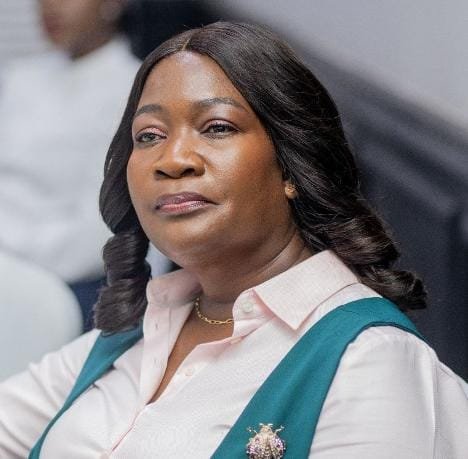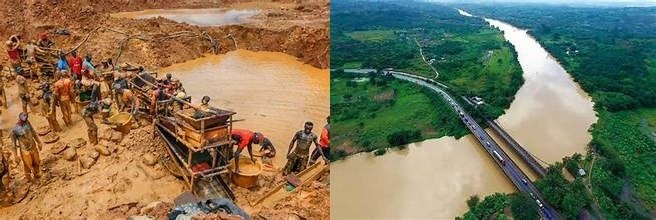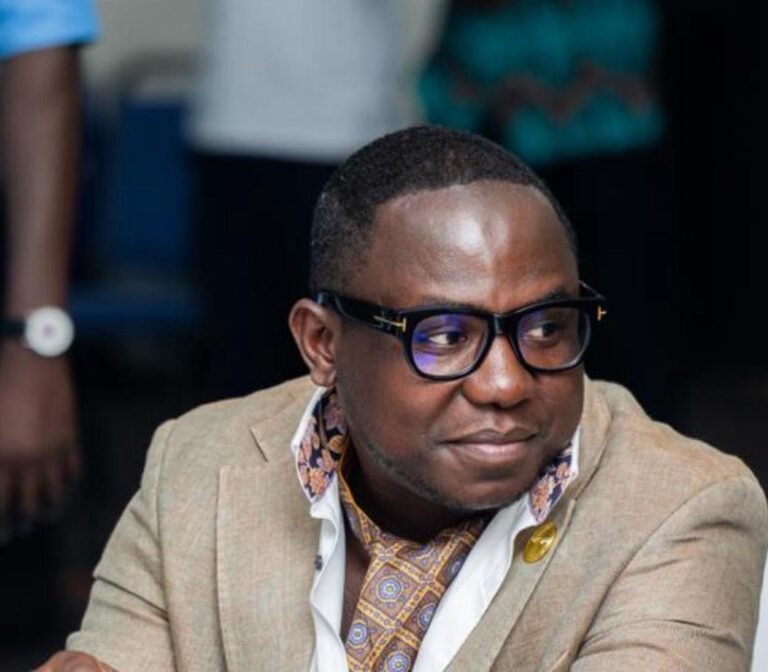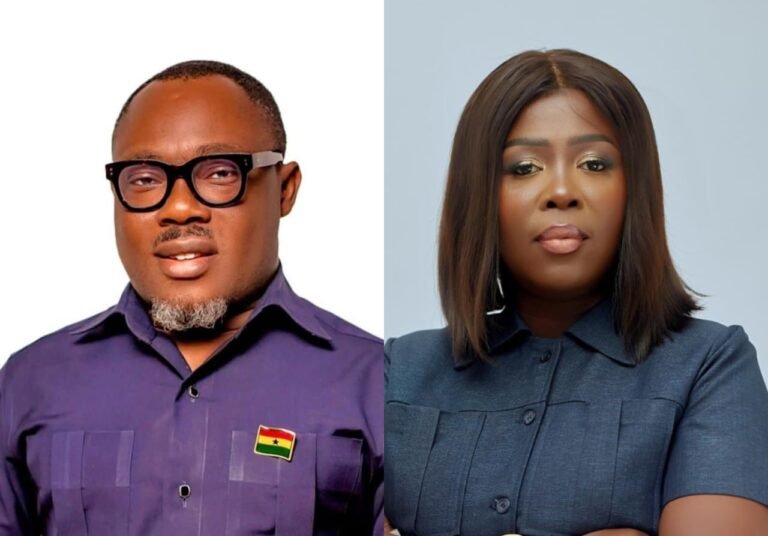
By Professor Jeffery Haynes
High-level, egregious corruption is Ghana’s Achilles heel. Nearly half a century ago, Flt.-Lt. Jerry John Rawlings came to power via a coup d’état determined to root out the endemic corruption which plagued the preceding military regime of General Ignatius Kutu Acheampong. During the 1970s, Ghana’s economy nosedived, ordinary people suffered grievously, and many of those at the top, in the political hot seat, got rich via corruption. Rawlings and his comrades were outraged, like many Ghanaians, and his coup sought to rectify things.
Fast forward to 2025. Earlier this week, President Mahama was inaugurated as Ghana’s new president. One of the main reasons why the New Patriotic Party was trounced in both presidential and parliamentary elections was that many Ghanaians did not believe that President Akufo-Addo’s government was serious about addressing high level corruption.
Words, it appeared, were easy – but effective action to deal with the issue did not appear to be forthcoming. As with the period in power of General Acheampong, there was a political reaction to the failure to tackle corruption: in 1979, it was Rawlings’ coup; in 2025, it was a landslide win for the opposition National Democratic Congress. Times have changed: Ghana has enjoyed three decades of democracy, and coups, it appears, are no longer on the agenda.
Upheaval
Some forms of social upheaval, such as Jerry John Rawlings’ coup, aim at profound social, political and economic changes, seeking to transform the structure of society. This type of
multifaceted upheaval may acquire the nomenclature of ‘revolution’, such as those in France (1789), Russia (1917), and Iran (1979). In these examples, the form and direction of government is fundamentally changed and the existing social hierarchy overthrown.
In comparison, the aims of Ghana’s ‘June 4 Revolution’ were merely reformist, concerned with bringing to justice those deemed responsible for the economic corruption
and malpractice judged to be major causal factors in Ghana’s economic and political instability in the 1970s. Following 4 June, Ghana’s governmental structures and mechanisms were untouched, even though they were sometimes used to facilitate corruption.
Problem
The problem, Rawlings asserted in August 1979, was not that Ghana lacked ‘laws and regulations. If they had muscle, if they were being implemented, I don’t think we would be in this state …it’s a question basically of accountability. A certain degree of dedication, selflessness, truth’. Ernest Harsch’s new book, Corruption, Class, and Politics in Ghana, examines in detail and with great skill the issues that Jerry John Rawlings was referring to in 1979: laws, regulations, accountability, selflessness, and truth. In a systemic and chronological account of how high-level corruption in Ghana economically and morally cripples the country, Harsch argues that while successive Ghanaian governments have pledged to ‘deal with’ corruption, none have succeeded. Instead, the problem, many Ghanaians would agree, is getting worse. Recent Afrobarometer data underline that for many Ghanaians corruption is one of the main reasons why they are sceptical about the ability of democracy generally to improve things in and for the country.
Ernest Harsch does not claim to have the answer to the question: What to do about corruption in Ghana so that it is manageable and does not fundamentally undermine the country’s development chances? So far, I have been discussing what I am calling ‘high-level’ corruption, a toxicity which affects ‘big men’ and ‘big women’ in Ghana, notably those in positions of political power.
The problem with high-level corruption is that it percolates down to reach other sectors of society. As the saying goes, fish rots from the head. During the recent elections, there was much talk of how political candidates frequently resort to trying to buy votes by handing out goodies and freebies, as well as in some cases gifts of money, to potential voters. Some political candidates were open about this, saying that elections are expensive and one of the reasons is that they need to bribe people to vote for them, which costs a lot of money!
ORAL
President John Mahama recently announced an ‘Operation Recover All Loot’ (ORAL) committee to gather information on corruption. The aim is to recover the proceeds of corruption and hold individuals accountable. Relevant information uncovered in the investigation is to be passed on to appropriate government institutions for further investigation.
President Mahama has come under scrutiny in relation to ORAL, with many questioning the committee’s legitimacy and purpose, as well as its lack of legal backing. Critics argue that the committee’s true agenda is maliciously to discredit individuals, destroy reputations, and divert attention from the potential failure of the National Democratic Congress to deliver on election campaign promises.
Will ORAL stop high-level corruption? The answer is almost certainly ‘no’. Ernest Harsch shows in his book that much more is needed than an eye-catching announcement to tackle high-level corruption in Ghana. Given that no government in Ghana since independence has seriously or consistently engaged with the issue of how to minimise development-sapping corruption, what should be done?
The answer is that laws alone are not enough. What is also needed are honest, morally upright, men and women who regard political power as public service not an opportunity for private looting. What are the chances of this happening in Ghana? I’ll leave it up to you to decide.
The writer is an Emeritus Professor at the London Metropolitan University in the UK.







